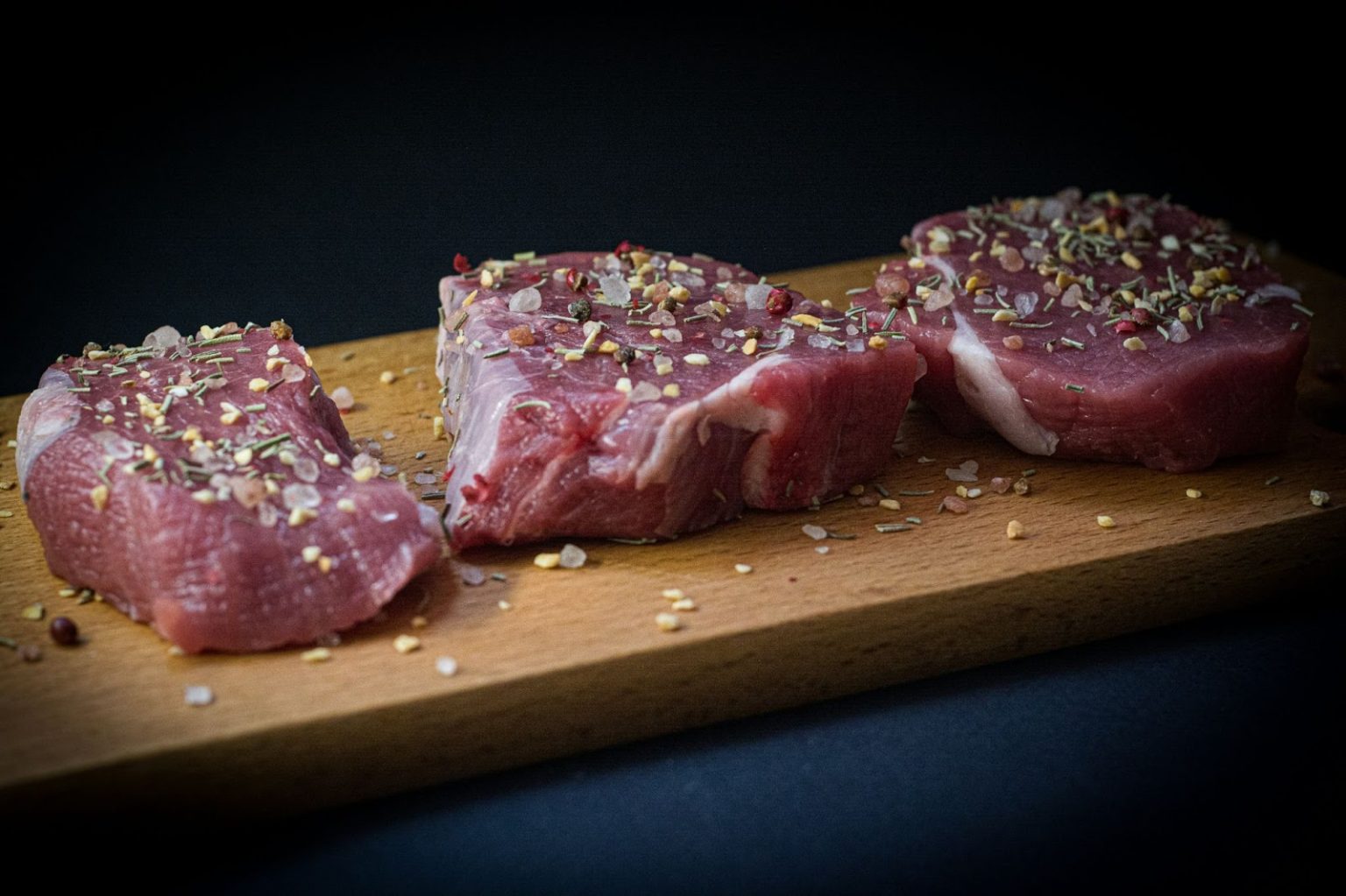Perfectly cooking different types of meat can be a challenge, even for a natural in the kitchen. Without knowing it, you could be making small mistakes that can lead to dry, tough, or tasteless dishes. And it appears home cooks often turn to Google to learn how to perfectly cook their meat dishes, as Google searches for “why rest meat after cooking”, and “meat cooking temperatures” have all increased by more than 5,000% across the UK in the last 30 days.
With this in mind, meat experts from online butchers, Campbells Prime Meat have shared the four key mistakes that should always be considered to ensure dishes are delicious every time.
-
Not letting meat rest before and after cooking
The experts recommend always allowing your meat to rest for 15-20 minutes before and after cooking. This is especially important for meats such as a whole roast chicken, steak, lamb joints or pork.
It’s especially important to allow meat to rest after cooking and before cutting. The experts say that when meat is cut, all the delicious juices will flow out, leaving you with a dry and tasteless dish.
Likewise, cooking with cold, unrested meat can lead to uneven cooking throughout.
-
Using a cold pan
Never cook with a cold pan, warn the experts. This can lead to meat sticking and not properly searing. If you desire that delicious golden brown crust, make sure to always preheat the pan or oven. Not only will it help the overall appearance of the dish, but it will also lock in those essential flavours and juices.
Likewise, resist the temptation of overcrowding the pan, which can lead to uneven cooking. Give your food enough space and allow for even heat distribution.
-
Cooking at the wrong temperature
The experts warn that cooking at a temperature too high could result in overcooked, tough and dry meat, lacking moisture and flavour. For lean meats such as beef and turkey, overcooking can reduce the fat content needed for the dish to stay juicy and tender.
On the other hand, cooking on too low of a temperature can result in undercooked and inedible meat, which is especially concerning for poultry such as chicken.
They advise you to always use a thermometer to check the temperature of your meat in the middle and adjust your cooking temperatures to suit.
-
Not thoroughly seasoning
Seasoning can make or break a recipe. Under or overseasoning can lead to bland, or overly flavoursome dishes, which can be overwhelming to taste. Experts say the key is to find the right balance to enhance the natural flavours of the meat.
Generally, all meat dishes will benefit from a generous sprinkle of salt and pepper prior to cooking. But for individual types of meat, follow this guide from the experts at Campbells Meat:
-
Beef paired with seasoning such as garlic, rosemary, thyme and onion
-
Chicken paired with lemon, basil and parsley
-
Pork paired with sage, thyme, garlic and mustard
-
Lamb paired with rosemary, mint, garlic, cumin and coriander
-
Fish paired with dill, lemon, garlic and parsley



